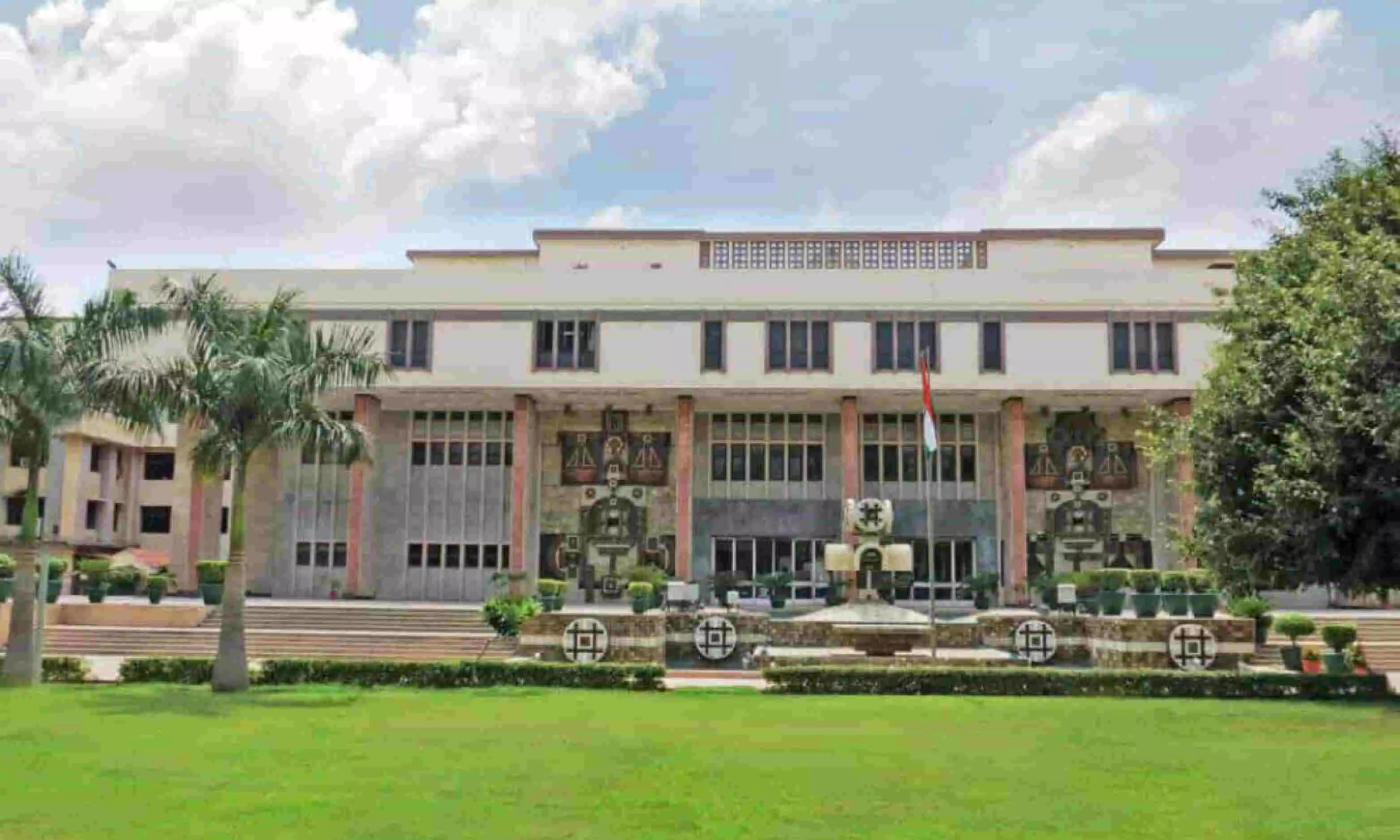
Delhi HC Deprecates Litigants' Practice Of Seeking To Explain Inordinate Delay On Mere Ground That Counsel Was Tardy, Negligent Or Indolent
 |
|The Delhi High Court disapproved the “unwholesome practice” of seeking to explain inordinate delays in approaching the Court on the mere ground of tardiness or negligence of their counsel.
The Court dismissed a Writ Petition filed after an inordinate delay of six years on the grounds of unexplained delay and laches. The Petitioner attributed the delay to being misled by his Counsel.
A Division Bench of Justice C. Hari Shankar and Justice Anoop Kumar Mendiratta observed, “We also disapprove the unwholesome practice of seeking to explain away inordinate delay and laches on approaching the Court on the mere ground that the Counsel who had been dealing with, or entrusted, the matter, was tardy, negligent, or indolent. At times, this assertion is sought to be supported by an assertion that the litigant has approached the Bar Council concerned against the counsel.”
Advocate M.K. Gaur represented the Petitioner, while SPC Vinay Yadav appeared for the Respondents.
The Petitioner submitted that he had approached a local Counsel practicing in Gurgaon, who allegedly provided false updates. It was much later that the Petitioner discovered that no case had been filed in the Delhi High Court. The Petitioner lodged a complaint against the Counsel with the District Bar Association, Gurgaon, and subsequently obtained case records from the Tribunal before filing the Writ Petition.
The Petitioner relied on the Supreme Court’s decision in Rafiq v. Munshi Lal (1981) to argue that litigants should not suffer due to the mistakes of their Counsel.
The High Court referred to the decision of the Apex Court in Mrinmoy Maity v. Chhanda Koley, wherein it was held that the delay or latches is one of the factors which should be borne in mind by the High Court while exercising discretionary powers under Article 226 of the Constitution.
The Supreme Court in the said case observed, “An applicant who approaches the court belatedly or in other words sleeps over his rights for a considerable period of time, wakes up from his deep slumber ought not to be granted the extraordinary relief by the writ courts. This Court time and again has held that delay defeats equity. Delay or latches is one of the factors which should be born in mind by the High Court while exercising discretionary powers under Article 226 of the Constitution of India.”
Therefore, the Division Bench stated that the Writ Petition “hardly” explains the delay of six years in approaching the Court. “We are not convinced that 6 years’ delay has been satisfactorily explained by the petitioner,” it remarked.
“We emphatically disapprove of this practice of shifting, to the shoulders of the Counsel, the negligence in approaching the Court. It is easy, in such circumstances, to file a complaint before the Bar Council and seek to explain away the delay. We deprecate this. A litigant does not abandon all responsibility to keep track of a matter, once it is entrusted to Counsel,” the Court observed.
Consequently, the Court explained, “That said, if, in fact, the Counsel has been negligent, the litigant would have to place, on record, material to indicate that she, or he, has been in touch with the Counsel during the entire period of delay, and that the Counsel has been misleading her, or him. This material must be acceptable, and convincing. The Court has to be satisfied that, in fact, the Counsel has been misleading the client, and that this explains the entire period of delay in approaching the Court.”
Accordingly, the High Court dismissed the Writ Petition.
Cause Title: Rahul Mavai v. Union Of India & Ors. (Neutral Citation: 2024:DHC:9873-DB)
Appearance:
Petitioner: Advocate M.K. Gaur
Respondents: SPC Vinay Yadav; GP Vedansh Anand; Advocates Sachin Saraswat, Abhinav M. Goel and Ansh Kalra